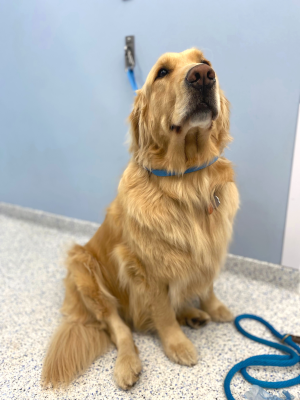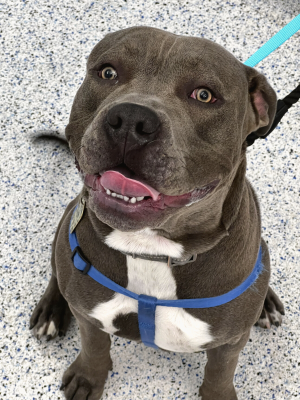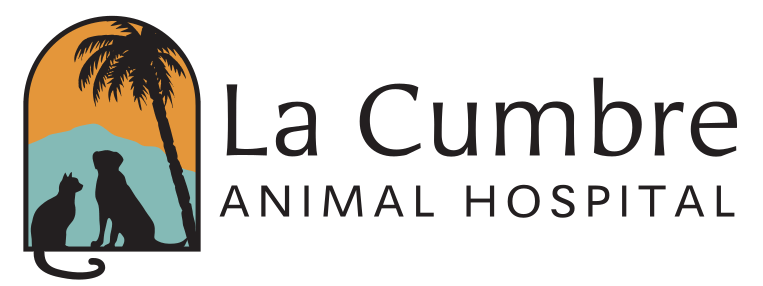How do vaccinations impact the health and well-being of my dog?
Vaccinations protect your pup from potentially fatal diseases such as Rabies, Parvo, and Distemper. Depending on your dog's lifestyle, vaccinations against Leptospirosis, Influenza, and Bordetella can protect them from these highly contagious diseases & bacteria. The vaccines that we provide in our office are rigorously tested to ensure your pet's safety!
Are vaccinations required by law?
The Rabies vaccine is the only vaccination that is required by California law, because it is a deadly zoonotic disease (which means it can be passed to humans.) Both California and Santa Barbara County require a dog to remain up-to-date on their Rabies vaccine. Our office requires a patient be up-to-date on their Rabies vaccine to receive care.
Does my dog’s lifestyle factor into what vaccinations my veterinarian will recommend?
It does! The Rabies & Distemper-Parvo vaccines are the core vaccines our office recommends for every dog. If your dog is frequently outdoors on walks, hikes, or at the beach, we recommend they receive a yearly Leptospirosis vaccine; Leptospirosis is a disease that is transferred via wildlife urine and can be spread to humans. If your dog is a social pup who spends time at daycare, training, or boarding facilities, we recommend they stay up-to-date on their Bordetella vaccine, which is the main bacterial component in kennel cough. The Influenza has historically been recommended for pups that travel to Northern or Southern California, as this is where the disease has been most prominent. However, many daycare & boarding facilities are now requiring that dogs remain up-to-date on this vaccine, so it's important to keep this in mind if you frequently use these services.

How soon should I get my dog vaccinated?
The sooner the better! Most dogs are vaccinated prior to adoption. For puppies purchased from a breeder or another source, it's recommended that they begin getting their vaccines as early as 8 weeks. Some breeders give a first dose of Distemper-Parvo (DAPP) at 6 weeks old - our doctors recommend puppies receive 3 DAPP vaccines to ensure they are protected. A vaccine plan will be created for a puppy at their initial puppy exam.
Do I really need to avoid allowing my puppy to socialize with other dogs until they are fully vaccinated?
Puppies can socialize in controlled situations, such as puppy training classes, often after their second round of vaccines. We do not recommend that your puppy spend time on the ground outside of your home or with other dogs that you cannot confirm are fully vaccinated until we are sure that they're protected.
Why is it important to avoid missing a dog vaccination?
Lapsing in vaccines leaves your pup more vulnerable and potentially susceptible to illness or disease. Puppies are especially at risk of getting sick should they miss their vaccines. Staying up to date on your dogs annual wellness exam and services means your pup remains protected.
What are the typical puppy and dog vaccination schedules?
Puppies receive vaccines every 3 weeks starting at 8 weeks old until they are 4 months old. Dogs receive vaccines annually.
What diseases are prevented with vaccinations?
- Parainfluenza - a highly contagious respiratory virus
- Heartworm - a parasitic roundworm that infests the lungs & heart
- Leptospirosis - a blood infection spread by bacteria
- Parvovirus - a highly contagious and often deadly virus
- Coronavirus - a highly contagious intestinal disease
- Kennel Cough - a highly contagious respiratory disease
- Lyme Disease - a zoonotic bacterial illness transmitted by ticks
- Rabies - a fatal viral disease

Do you have further questions about canine vaccines? Give us a call - we're here to help!
